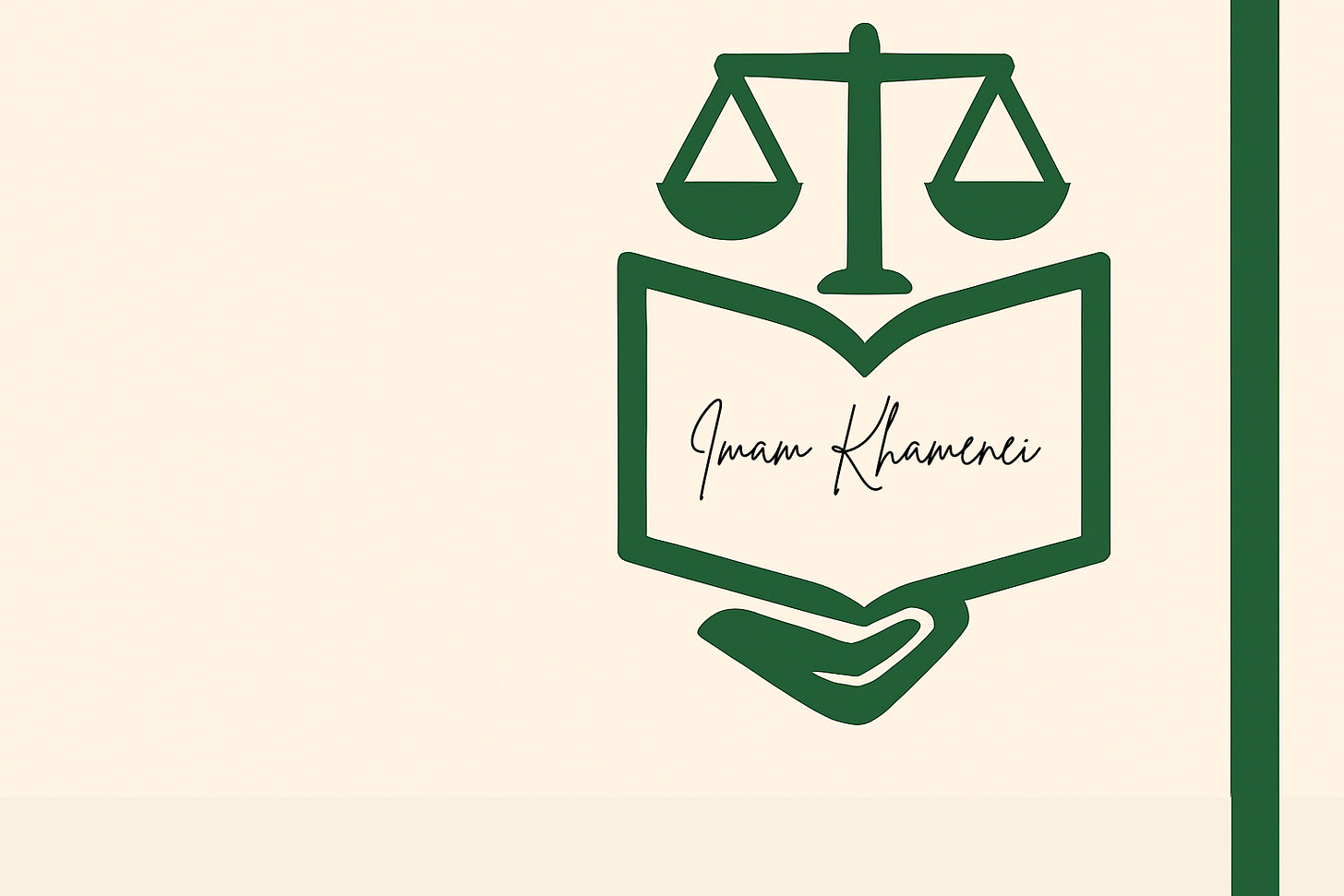Prayer: Is Loud Recitation of Rukū‘ and Sujūd Allowed in Silent Rak‘ahs?
Practical Laws of Islam as per the teachings of Imam Khamenei
Prayer: Is Loud Recitation of Rukū‘ and Sujūd Allowed in Silent Rak‘ahs?
English:
Question #458:
We know that each prayer consists of intention, takbīrah al-iḥrām, the Fātiḥah, the other chapter, rukū‘, and prostration. On the other hand, it is obligatory to recite quietly the noon and afternoon prayers, the third rak‘ah of the maghrib, and the last two rak‘ahs of ‘ishā’ prayers. However, in the Radio and the TV, the dhikrs of rukū‘ and prostration of the third rak‘ah are read loudly. Given that these rukū‘ and prostration are parts of a rak‘ah in which quiet recitation is obligatory, what is the rule regarding this matter?
Answer #458:
The obligation of loud recitation in maghrib, ‘ishā’ and morning prayers and of quiet recitation in the noon and afternoon prayers are limited to the recitation of the Fātiḥah and the other chapter, just as the obligation of quiet recitation in the rak‘ahs other than the first two rak‘ahs of maghrib and ‘ishā’ prayers applies only to the recitation of the Fātiḥah or the tasbīḥāt al-arba‘ah of those rak‘ahs. As for the dhikrs of rukū‘ and prostration and also tashahhud and salām and other obligatory dhikrs of the five daily prayers, the mukallaf has the choice to recite in either way, loudly or quietly.
-Imam Khamenei, Practical Laws of Islam, Importance and Conditions of Prayer


